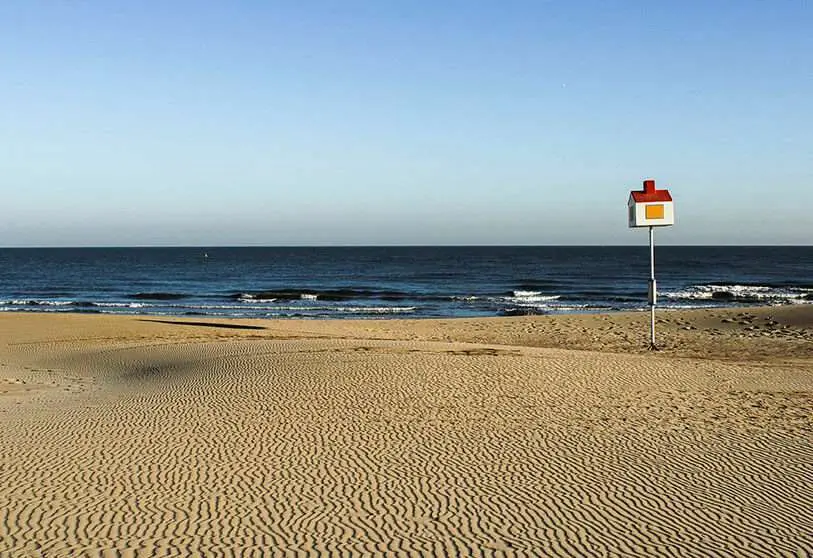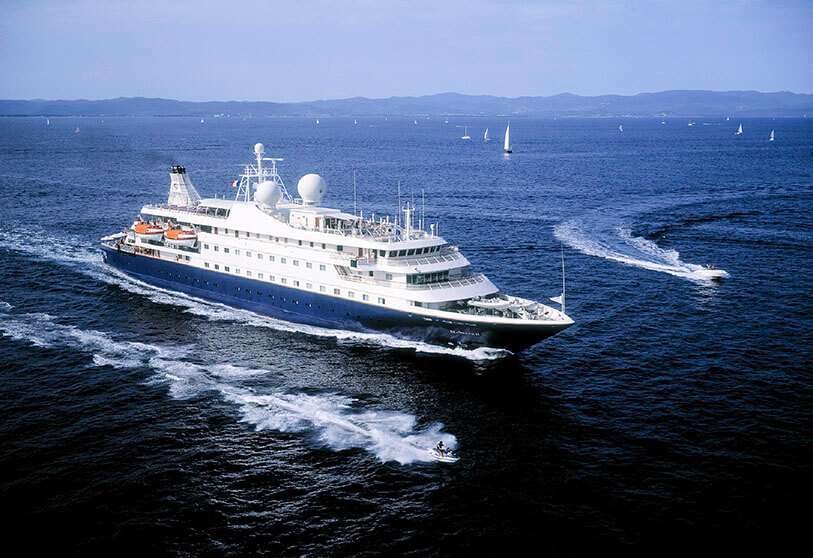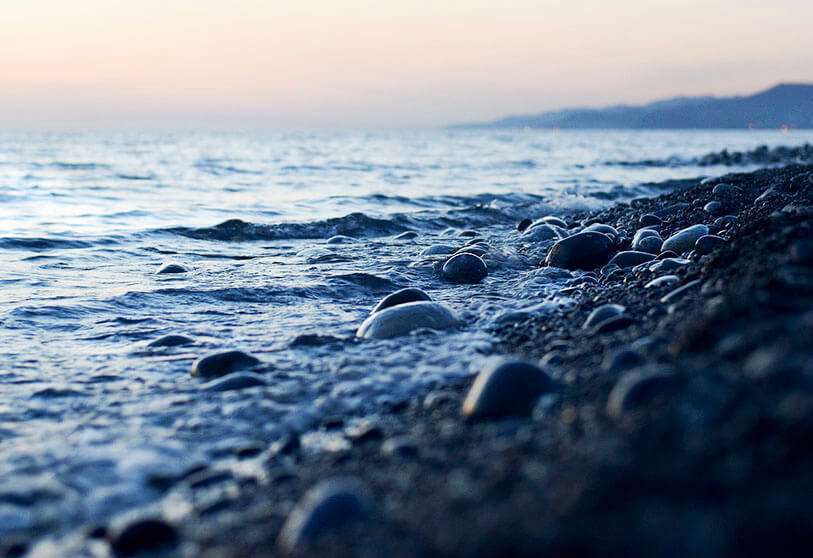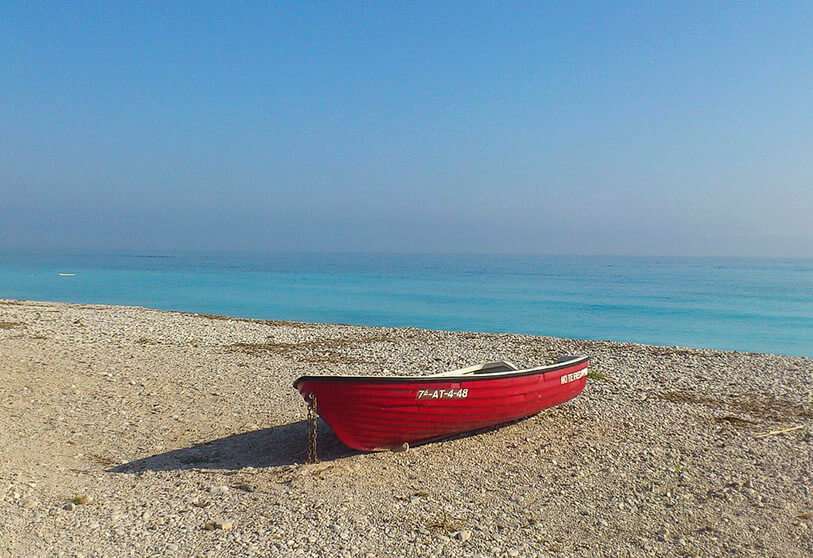Boosting the blue economy in the Mediterranean

The world is assessing the effects of COVID-19 and the pathways to recovery, with the blue economy standing out as a post-pandemic priority. The sea has an essential role to play in terms of health, medicine, food and energy security, in climate change mitigation and adaptation and in scientific research; but also, and perhaps most importantly for the future behind the virus, in building resilience to prevent other similar shocks.
The focus should be on taking advantage of shared opportunities at the regional and global levels to address the impact of the coronavirus crisis and work towards recovery. This is evident in the global domain that unites us: the sea. We need to harness that potential, which represents 70% of our planet, to provide the blueprint for our economies, and to build a more resilient and sustainable world.
The ocean is fundamental to life on Earth. It absorbs a quarter of all carbon dioxide emissions and captures more than 90% of the extra heat they generate. The blue economy is valued at more than $2.5 trillion a year; it provides fish and seafood to more than 3 billion people every day, and carries about 90% of global trade. It is a source of energy and key ingredients in the fight against disease. For many, it is undoubtedly their main livelihood, a place of work and a home.
The sea is a determining factor and a protagonist in everything that happens to Mediterranean people: their livelihood, transport and communication. It is like the great catalyst of everything that happens, since in one way or another it is always present.

We, the inhabitants of the Mediterranean, depend extensively on the sea. We get essential supplies and services, from aquaculture to fishing to tourism. And, indeed, the pandemic has put all this at risk. The global tourism industry will face uncertainty and profound challenges in the coming years. The Mediterranean forecasts a 52% decline in tourist arrivals by 2020 with a 25% drop in GDP. Food security is also at risk because supply chains have been disrupted by quarantines in a sector as vulnerable as fisheries.
The Mediterranean must cooperate to launch and implement a system of sustainable maritime governance that will benefit both shores and thus boost the economic contribution of the oceans, all in the context of the United Nations' Sustainable Development Goals.
A new economic model is needed to boost the potential of the Mediterranean. There are significant opportunities for investment in the blue economy and sustainable development. Therefore, efforts must be joined and collaboration of the business communities related to the regional maritime sector must be strengthened to take advantage of these opportunities and meet these challenges.

The so-called blue economy encompasses many sectors with different types of investment opportunities. It is not as easy to define as the green economy, which includes what is known as clean energy. But blue could be the new green today. It encompasses maritime safety and management, transport and port activities, shipbuilding, recycling, offshore energy, bioprospecting, the role of ecosystems, fisheries and aquaculture, services... In addition, the education of youth is key to shaping it: the blue economy has the capacity to provide much-needed jobs throughout the region.
The blue economy is an essential source of wealth and prosperity for the Mediterranean. The region must harness that potential and the opportunities for growth, employment and investment that it provides. National strategies must clearly identify priorities, develop a strategic vision for sustainable development and ensure the policies and actions necessary to promote the Blue Economy as well as safeguard the sea.

The sectors of this marine economy rely on natural marine ecosystems and marine resources. There are obvious interrelations: tourists require sea transport and enjoy traditional fish or seafood. Offshore wind energy can interfere with fishing activities. Shipbuilding and recycling are highly dependent on demand from the transport sector. Some innovative activities (e.g. fishing tourism) further emphasize the importance of integration between different sectors. The adoption of a cross-sectoral approach is crucial for analysing and developing strategies that benefit several economic sectors.
Developing a healthy and sustainable blue economy is imperative. Investing in key ocean actions such as the decarbonisation of shipping, the conservation and restoration of mangroves, the sustainable production of seafood or the development of renewable energy provides global benefits. These are not only financial benefits, but also better health outcomes for consumers, richer biodiversity and safer jobs, among other benefits. A sustainable sea must be seen not only as a conservation imperative, but also as a priority for the future of the economy, the ecosystem and society.
Anwar Zibaoui. General Coordinator at ASCAME

